Learnings from sugar beet fungicide and biostimulant trials
Last year I shared some advice in this blog about managing sugar beet to optimise yield, and in it I contemplated what kind of results the autumn was going to bring given some of the widespread late planting we saw.
Now that we're well into 2024, it was great to see the majority of sugar beet crops doing well throughout the tail end of last year. However, for many crops harvest was delayed until January 2024 due to the wet autumn and frosts in early December.
Despite this, high plant stands plus moisture provided big root weights but reduced adjusted yields due to low sugars. Delayed harvests usually mean three-spray fungicide programmes can provide big yield increases, including significantly improved sugars to take advantage of the high root weights.
Sugar beet is a fairly resilient crop with a long season, typically spanning April to November. In such a protracted window, it is common for certain environmental factors to negatively impact the beet's growth, but this is then followed by a yield-building recovery phase.
Reducing the impacts of plant stress
During challenging growing conditions when sugar beet yields can be affected, certain crop input programmes have proven to deliver positive results and could make a significant difference this season.
Biostimulant trials
I explained a little about the benefits of the biostimulant product, Status, in my last blog. In recent trials with IntraCrop, Status has again shown that it can help the retention of beet canopies under drought conditions.
In replicated small plot trials, following an application in early June 2022, there was an 11t/ha difference between the control crop and sugar beet treated with Status (at 0.2l/ha) on an unirrigated crop. This outcome would have resulted in a yield worth £440/ha.
Following a peak stress event that shortly followed June 2022, the older leaves were protected and the sugar content was maintained. Status continued to help the plant photosynthesise efficiently too, despite the higher UV, drought and heat pressures.
By 'mopping up' damaging, oxygen-free radicals in the plant, adenosine triphosphate (ATP – energy carrying cells) production was able to continue, helping the plant to grow and thrive.
The pictures below show the difference of a treated and untreated sugar beet crop in Cambridgeshire. They were taken on 18th July 2022 after two days of 39°C temperatures.
In that same year, my Cambridgeshire-based agronomist colleague, Ryan Overton, also noted significant benefits from Status when it was applied to 100ha of a sugar beet crop. Ryan opted for the treatment as he was concerned by the potential negative effects from the 40°C heat at the time. He added Status into a tank mix with a fungicide two days before temperatures were set to rise and the results were clear at harvest, with the crop yielding almost 90t/ha. This was 20t/ha higher than the 5-year average, which was surprising given the extreme heat the crop was subjected to during July 2022.
Despite 2023 being a very different season, Ryan worked with his growers to incorporate Status again – this time across a range of crops. In sugar beet it was applied with the first insecticide and first fungicide, with the increase in growth quickly noticeable and contributing to earlier and easier lifting. In fact, he recently met with a grower who said their sugar beet crop lifted 90 tonnes in the first couple of weeks of September last year in comparison to the average 65 tonnes usually seen. This shows the crop isn't just finding higher yields, but the harvest can arrive much earlier with the use of Status.
Fungicide trials
Similar positive results have been noted again with some fungicides, which have performed well in previous seasons too. In particular, a development strobilurin was shown to help to shorten or eliminate stress on sugar beet crops. The images below show the difference in the lower leaves of treated and untreated plants.
More recently, I received the 2023 fungicide trial results from the Frontier research and development team – delayed somewhat due to the difficult autumn/winter weather. To summarise, although root weights were very high and low sugars reduced adjusted yields, the sugar beet was still a very profitable crop.
In the Frontier fungicide trial in Lincolnshire, the sugar beet suffered drought and heat stress in early September and this led to canopy loss on untreated plots as shown in figure 2 above. This was prevented on the treated plots though, as the physiological influences of the treatments worked their magic via the 'development strobilurin' and SDHI actives. Combined with excellent disease control, three-spray programmes achieved yield increases of up to 17t/ha.
For 2024, we expect to have a new fungicide option that could help sugar beet maximise yields through high root weight combined with improved sugars.
Summary
Despite challenging weather conditions, with the right plant protection product and nutrition solutions, sugar beet remains a viable and profitable crop option for many growers. Targeted programmes and the use of biostimulants like Status really can make all the difference and are an important consideration as weather events become more extreme as the seasons roll around.
For advice on getting the most from your sugar beet crop or information on any of the solutions or insights covered, please speak to your local Frontier contact or get in touch.
As a subscriber, you’ll receive email alerts each time a new blog is published so you can always stay updated with the latest advice and insights from our experts

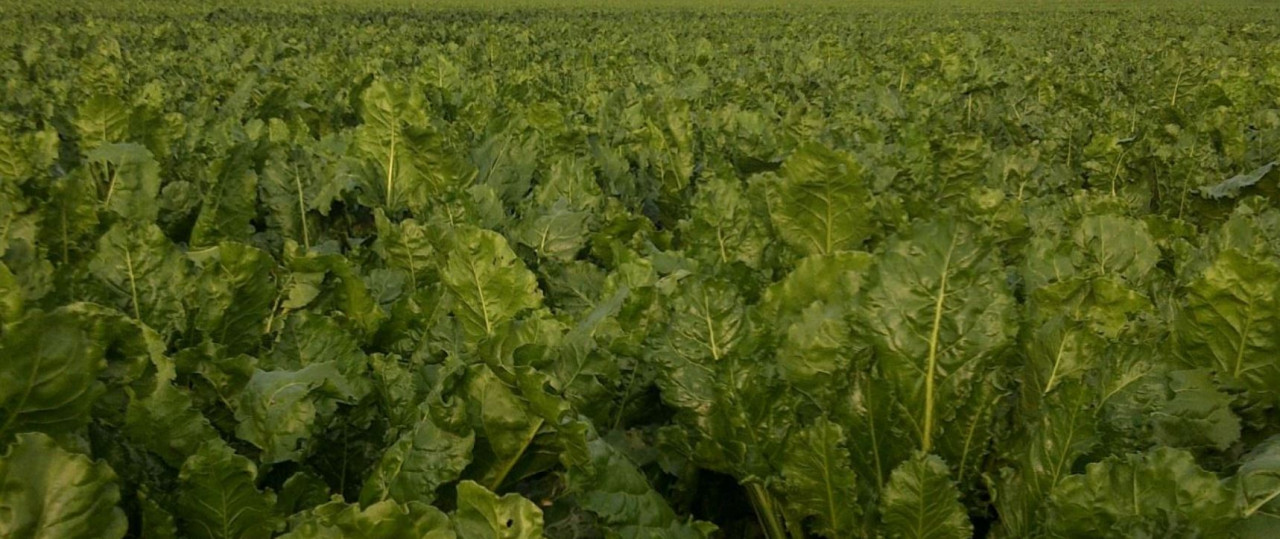
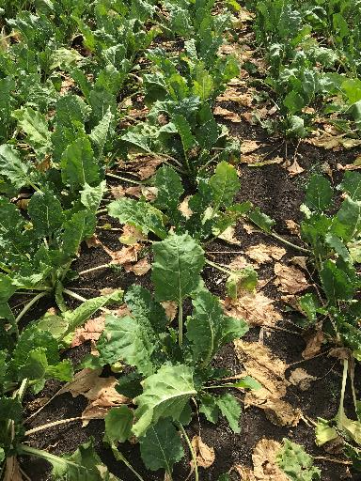
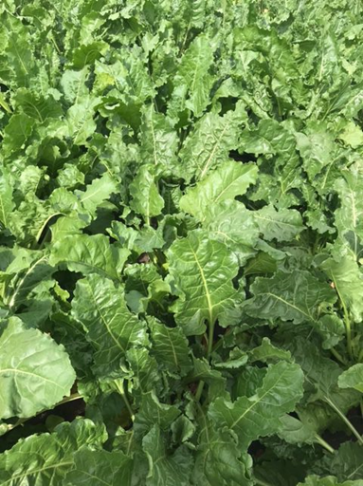
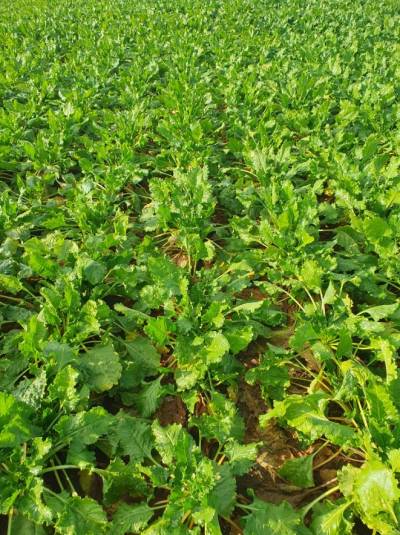
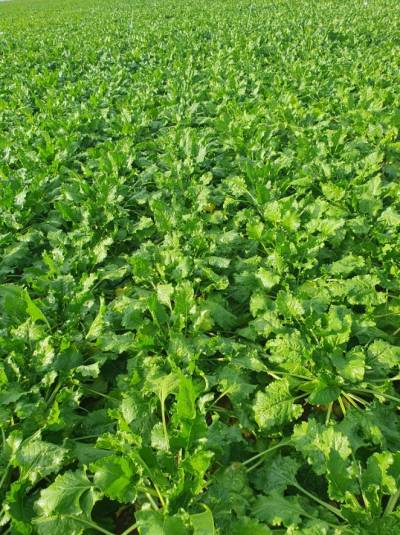



Comments